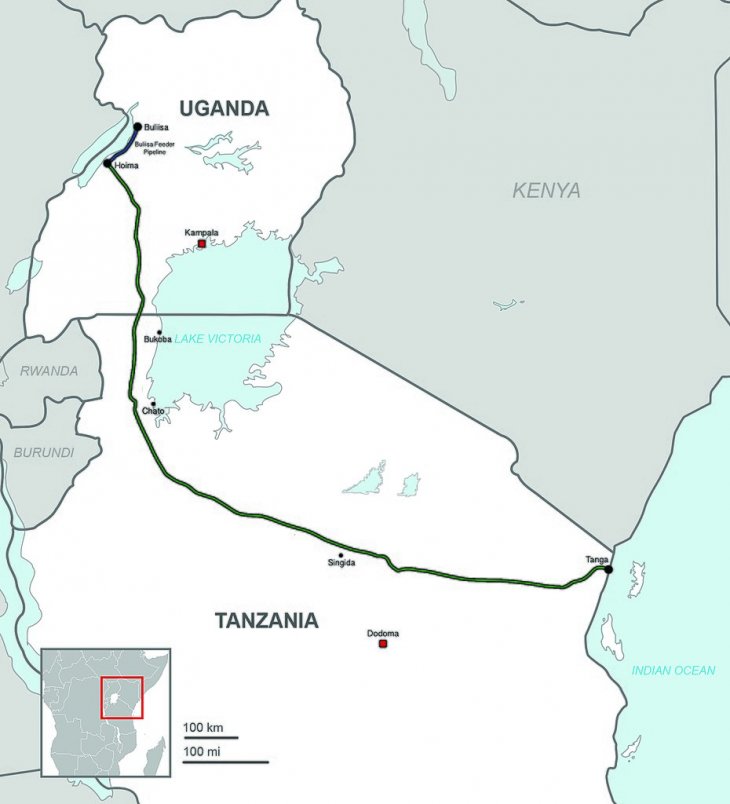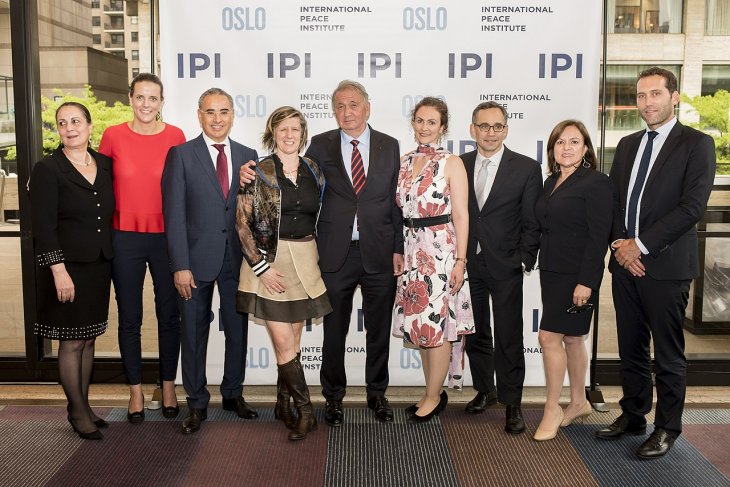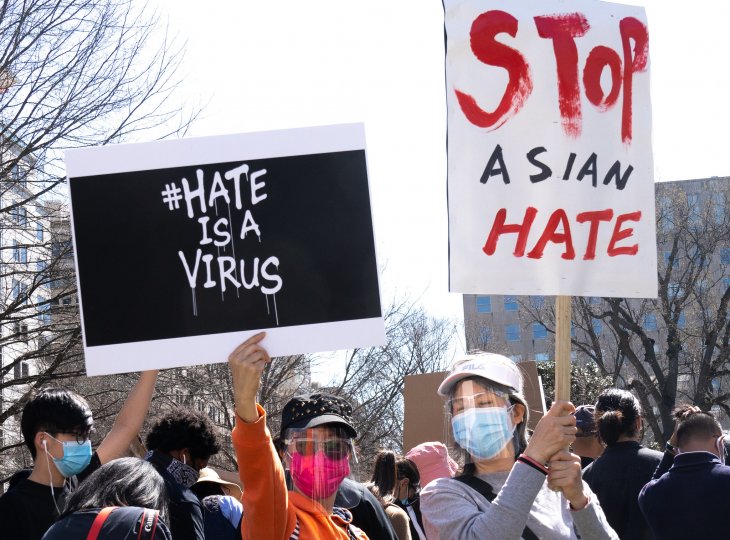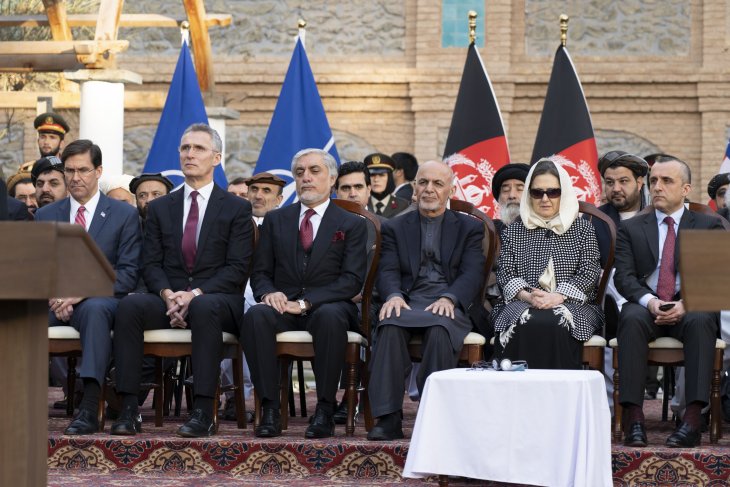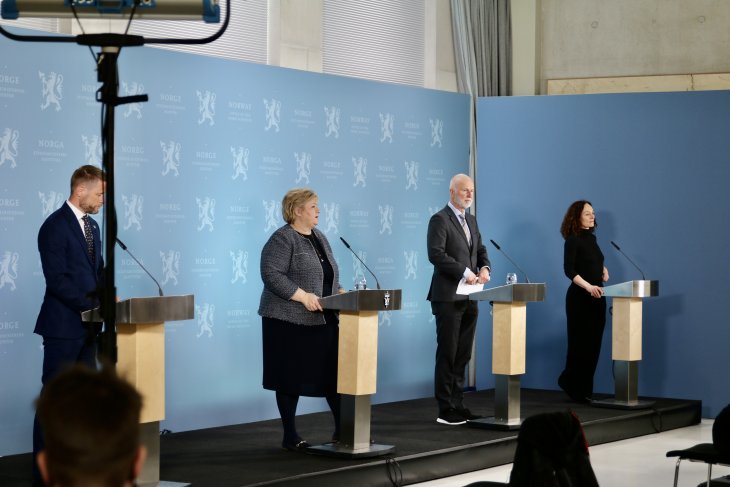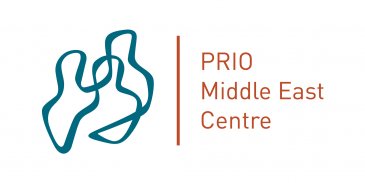 In a series of brief blog posts, researchers of the PRIO Middle East Centre offer their reflections on the unfolding Israeli-Palestinian Conflict.
In a series of brief blog posts, researchers of the PRIO Middle East Centre offer their reflections on the unfolding Israeli-Palestinian Conflict.
The two-way rocket salvos into and from Gaza feels like a tedious repetition of tragedies past. The world has seen this before, and tragically we will probably see it again in the not too distant future.
Diplomats might be working tirelessly to end this conflict and secure a ceasefire, but they will not address the structures that brought us here. There are many such structures, all of which must be addressed.
